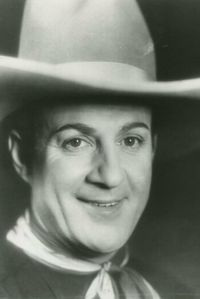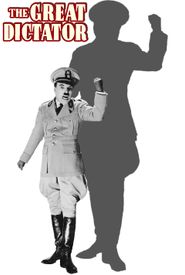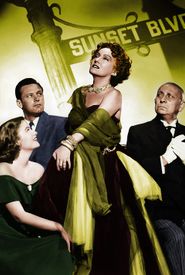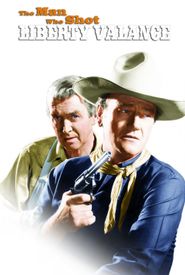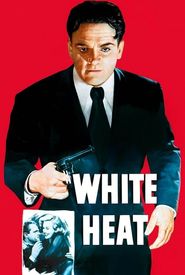Jack Perrin was born on July 25, 1896, in the charming town of Three Rivers, Michigan. His father, a shrewd real estate investor, had an astute eye on the burgeoning prospects in Los Angeles and made the bold decision to relocate his family there when Jack was just about four years old. As a result, Jack grew up amidst the vibrant and rapidly evolving film industry, which was exploding in Los Angeles in 1913. The industry's rapid growth was largely due to the influx of major studios such as Universal and Famous Players (later known as Paramount) moving to the city to escape the patent war with Thomas Edison.
Perrin's entry into the film industry was reportedly in 1915, although the exact details are disputed, with some sources suggesting that he worked with the renowned Mack Sennett during this period. However, his career was put on hold when he enlisted in the Navy during World War I. Discharged in 1919, Perrin returned to Hollywood and landed a contract with Universal, which lasted until 1921. Despite being cut loose from the largest studio in the world at the time, Perrin's fortunes took a surprising turn when he began working with low-budget western outfits such as Rayart, Aywon, and Arrow Pictures.
During this period, Perrin worked for some of the most infamous ultra-low-budget specialists in the industry, including Harry S. Webb and the legendary cheapskate Robert J. Horner. By the latter part of the 1920s, Perrin's fortunes had begun to rise, and he returned to Universal for a series of Canadian Mountie adventure pictures. On a personal level, Perrin met and married Universal star Josephine Hill in 1920, and the couple remained together until 1937.
Despite possessing all the necessary assets to become a cowboy star, fate seemed to have other plans for Jack Perrin. At the beginning of the "talkie" period, Perrin left Universal and returned to working with the likes of Webb and Horner. Unfortunately, things took a turn for the worse, and Perrin found himself having to sue Horner in the mid-1930s to receive payment for appearing in several of Horner's films. Although Perrin won the lawsuit, the quality of these productions was dismal, and his popularity suffered accordingly. He eventually bowed out as a leading man in 1936 under an ostensible partnership with veteran low-budget producer William Berke.
